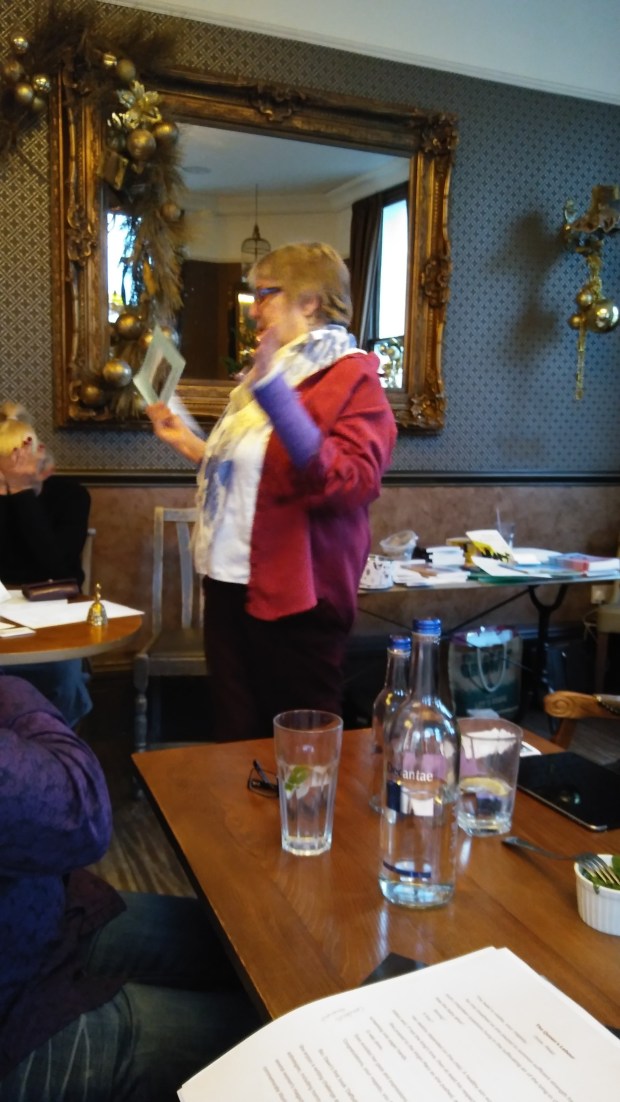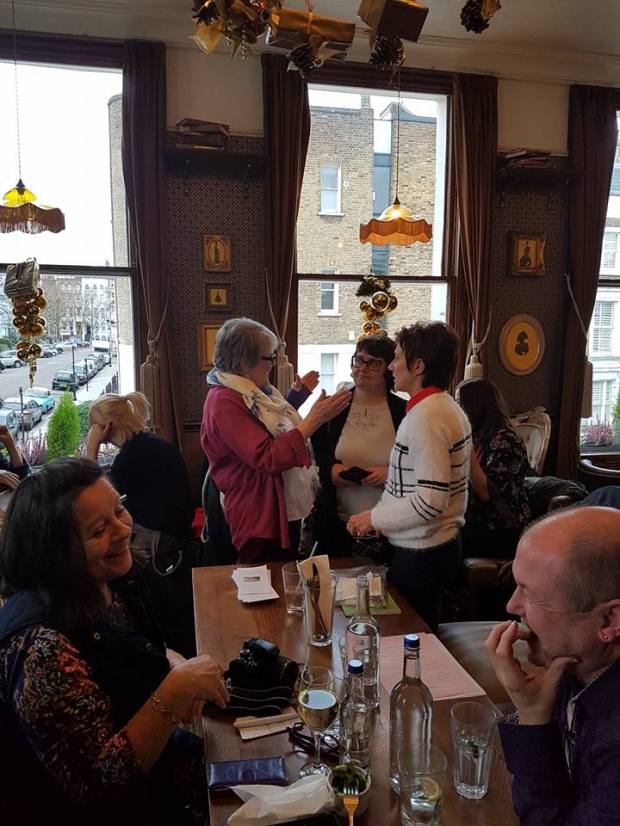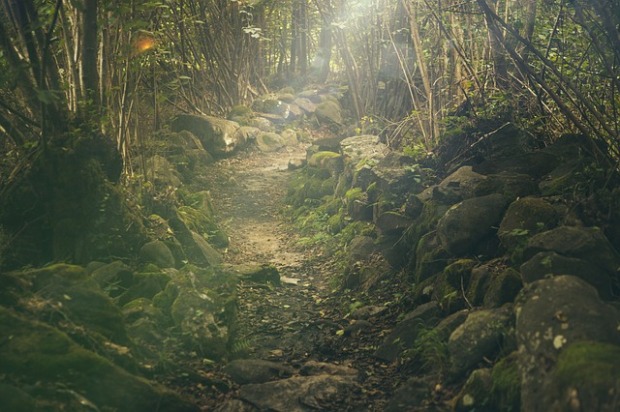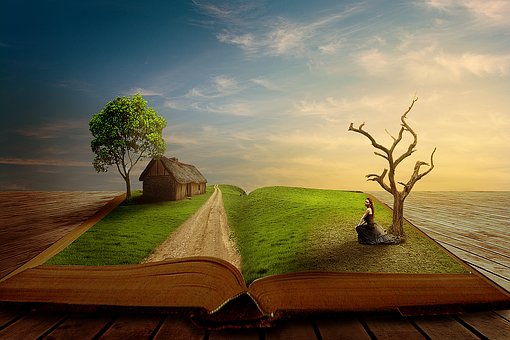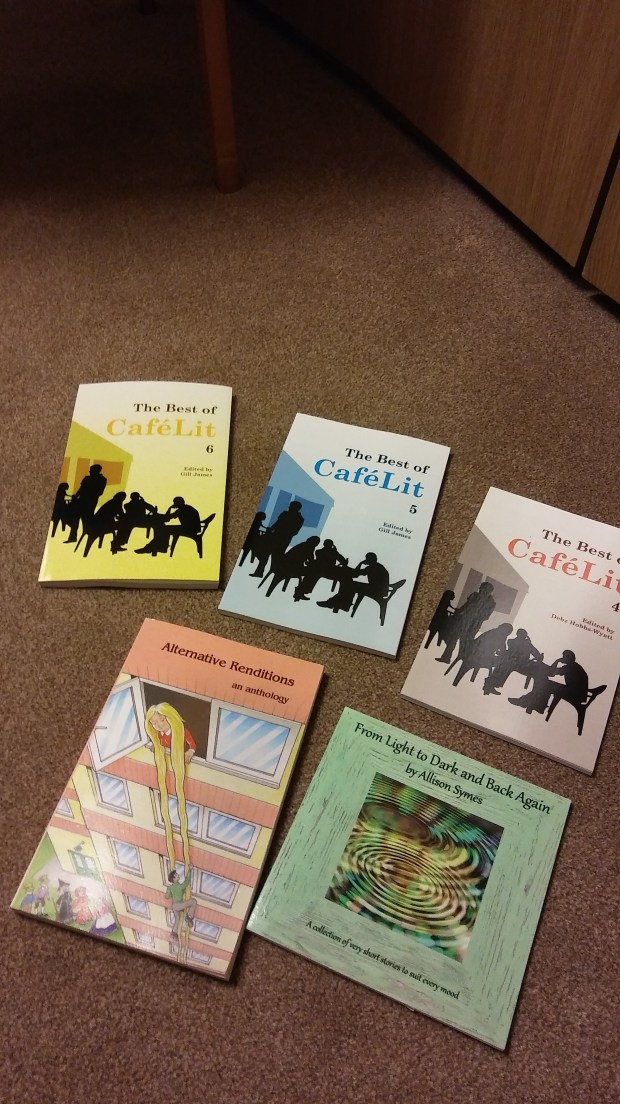Facebook – General
What do I like to write best – my flash fiction or non-fiction such as my Chandler’s Ford Today posts? No contest. Love them both. Wish I had more time for both. Also means I never, ever get bored.
I find it helpful to spend some time writing, say, flash fiction and then I switch over to CFT posts. It is just great to be inspired by writing something different to what I had just been working on. I have to take different approaches to what I write and going from one to the other and back again keeps me on my toes.
I am going to try this year to prepare more of my CFT posts (the non-time dependent ones) in advance as I have done this before and find it a great way to free up time overall for other writing work. Didn’t get to do much of this in 2017. I like being able to schedule posts in advance and it is a facility I could do with making more use of.
Facebook – General
Am having a lot of fun writing my 101 Things to be put into Room 101 mini-series for Chandler’s Ford Today. Part 1 went up on Friday and I’ve already drafted Part 2. Am not having any trouble at all coming up with things for this! Grumpy old woman, moi? Surely not!
The joy of writing non-fiction like this is I can have fun with my writing in a different way to my fiction. With that, I love inventing my characters and the situations I put them in but with articles like this, I put my imagination to work and bring facts in to back it up! Well, sometimes anyway. Features like this one are, of course, opinion pieces but it is great to have fun coming up with something you hope will entertain others as well as being able to express views.
And I still want wasps booted into Room 101!
Facebook – General
An interesting point came up in the comments box on my latest CFT post which referred to characters “knowing” they were about to die and later it turned out they hadn’t!
My response was that stories, of whatever length, do have to be logical and make sense. In this case, I would have written the character as genuinely believing they were about to die (and I would also have shown some of her bodily reactions to this – shaking, racing heart etc).
Equally later in the story, if the character had just been plain grateful to have been wrong about her earlier assumption, that would have modified things. But this comment reminded me my characters can only believe things. Their knowledge has to be based on what they CAN know or honestly believe to be true.
This comment also acts as a reminder when editing a story to go back and check that everything does make sense. Otherwise, you will lose your readers as they will see straight through anything illogical like this.

Let the creative process flow! Image via Pixabay

The wonderful world of stories. Image via Pixabay

Fiction is strengthened when backed by fact. Image via Pixabay

Historical records can be an invaluable source of inspiration. Image via Pixabay,

Aiming for more “magic” from my stories this year! Image via Pixabay.
Facebook – General
What is your preferred form of reading? The paper/hardback or Kindle?
I love both but must admit the Kindle is a boon for when I’m away and has saved so much room in my suitcase! It is also nice to know I will definitely not run out of things to read. Also, I find the battery life is reasonable and I do like being able to go to weblinks etc from within an ebook.
However, you can’t beat a good browse in a bookshop and a leisurely half hour with a paperback and a cup of tea, My only complaint here? I wish I could do it more often!
Facebook – From Light to Dark and Back Again
Benefits of writing flash fiction:-
1. You really do learn to write to a tight word count!
2. Your editing skills improve as you use the more powerful words to conjure up images in your reader’s minds. No room for waffle here!
3. It can act as really good practice for writing a blurb etc.
4. You focus on what is the nub of the story and get to the point quicker.
5. You can now enter all the flash fiction competitions!
Facebook – From Light to Dark and Back Again
Am enjoying drafting some opening lines I plan to write up as flash fiction stories.
I like coming up with the bizarre, the other-worldly and the simple statement which I sometimes twist into something less simple!
For example, in from Light to Dark and Back Again in Health and Safety, the story starts with my character wondering why people are moaning. The tale then reveals the character is Goldilocks and she is sharing her version of events, but that opening line could have been ANY character in ANY setting at ANY time. It did not have to necessarily be a fairytale character.
I do like lines like that which offer so many possibilities.
I write batches of flash fiction at a time, polish them, submit them (and hopefully they then end up in a collection!).
Facebook – From Light to Dark and Back Again
What is the special something about your characters that mean you absolutely HAVE to write their stories?
I often use the major trait of a character as a starting point (and find it easier to write characters whose traits I like. With the ones where I hate the traits, I have to get inside the head of the character to see how they justify their attitude. That can be disturbing at times when you realise how easily they can justify their stance!).
Facebook – From Light to Dark and Back Again
Part of the role of fiction is to show up truths that can’t necessarily be proven by pure fact. Truths about the human condition, truths about what love is and so on.
Flash fiction does this too but in fewer words! I like to think of flash fiction as shining a spotlight on a theme and, of course, the shorter the piece, the greater the intensity of that spotlight!
The challenge can be where you direct that beam or sometimes even knowing where you’ve aimed it! Sometimes you write a piece and the theme can take even you by surprise.
I always write to a character. I know who my leading people are and why they are in that role. I don’t always write to a specific theme and sometimes the theme just leaps out at me AFTER I’ve drafted the story.
When I was editing From Light to Dark and Back Again, it struck me then just how many of my stories dealt with some kind of poetic justice. I never set out to write to that theme (though I guess the things you feel strongly about are bound to come out in your writing somewhere along the line!).
Goodreads Author Programme – Blog
What I Like in a Book Review
This applies to reviews for my From Light to Dark and Back Again as well as those I give for other books!
A good review has:-
1. No spoilers but enough information so the reader knows what they will be reading in terms of genre etc.
2. What the reviewer likes – good characterisation, twist in the tale endings etc.
3. No waffle.
4. No negativity. (The way to criticize a book is to say what you liked, what you thought didn’t work so well etc as the writer will be expecting this. Your thoughts on what didn’t work so well can be very useful to them. What you don’t write is a “hatchet job” on the book or the author).
5. A rough idea of book length and time taken to read it (though I must admit I don’t always remember this one! I DO stress when reviewing flash fiction collections the great thing about this genre is you can read it one sitting but it is also great for dipping in and out of).
6. What you would like to see from the author next time (i.e. next book in the series, continued great characterisation, less of the blood and gore, if appropriate etc).
7. Total honesty from the reviewer.
What would you add to this list?












































